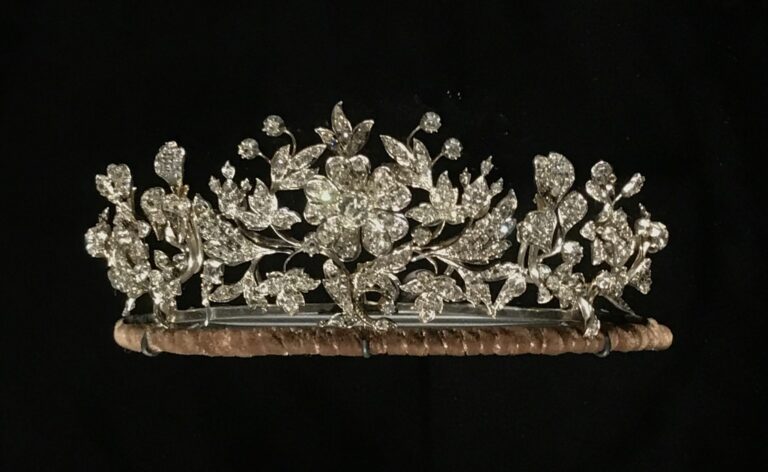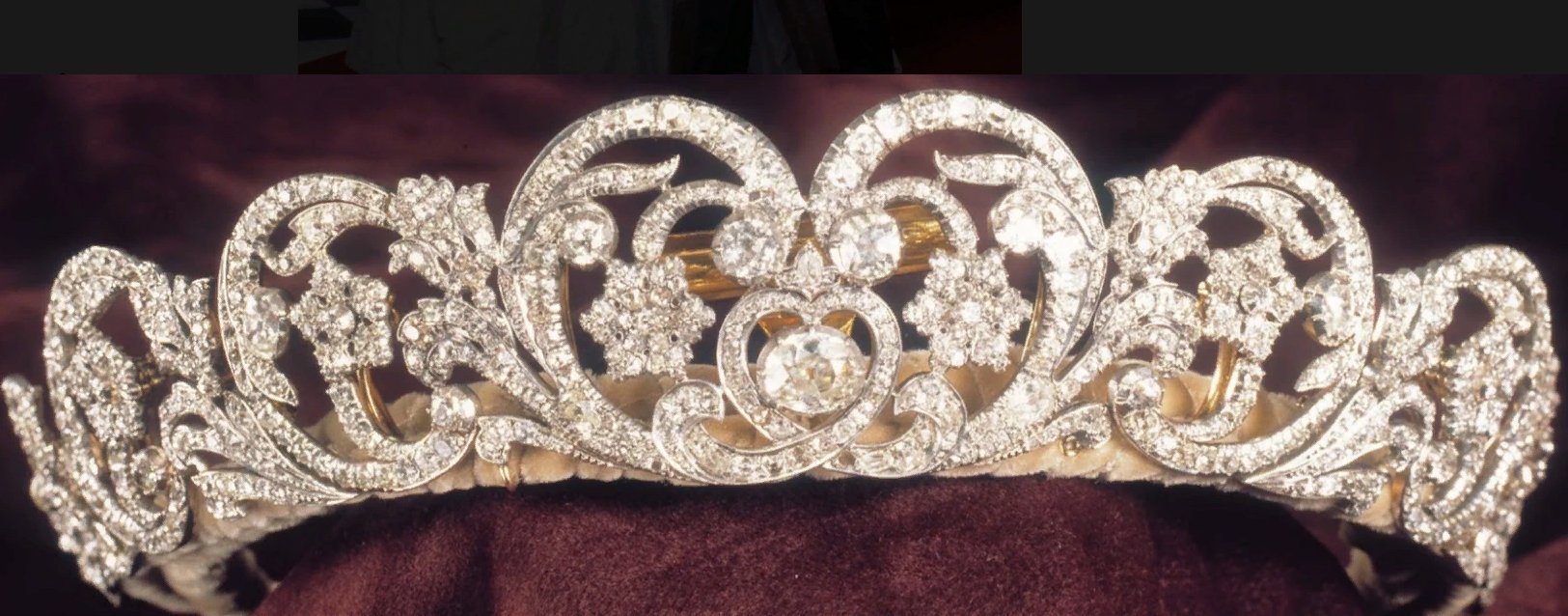Meaning
Classical Roots
Eugenia, a name rich with classical roots, carries a meaning that speaks to nobility, beauty, and well-being. It derives from the Greek word “eugenes,” which itself comprises two parts: “eu,” signifying “well” or “good,” and “genos,” meaning “birth” or “origin.”
Therefore, “eugenes” translates to “well-born” or “noble by birth,” suggesting a lineage of excellence and virtue. This association with nobility is further reinforced by the Roman adoption and adaptation of the Greek term. In Roman culture, “eugenius” held similar connotations, often linked to individuals possessing exceptional qualities, both physical and intellectual.
The name Eugenia likely emerged as a feminine form of “Eugenius,” gaining prominence through figures in both Greek and Roman mythology and literature. These figures embodied the values associated with the name, embodying grace, intelligence, and strength of character.
Throughout history, Eugenia has graced countless individuals, its meaning enduring as a testament to timeless ideals of virtue and excellence. It continues to resonate with parents seeking a name that conveys both elegance and a profound sense of worth.
Modern Interpretations
- The name Eugenia holds a rich history and a fascinating journey through time when it comes to its meaning and interpretations.
- Its roots trace back to ancient Greece, where it originated as the feminine form of Eugenes, meaning “well-born” or “noble”.
- In classical Greek culture, this concept encompassed not only birthright and lineage but also moral excellence, refinement, and a virtuous character.
- Therefore, Eugenia carried connotations of both social standing and personal virtue, embodying the ideal of a well-bred woman of noble spirit.
- Over time, the name’s meaning has evolved and expanded across different cultures and languages.
- In Christianity, Eugenia became associated with Saint Eugenia, a 3rd-century martyr who was known for her unwavering faith and courage.
- This association added a new layer of depth to the name, linking it to piety, sacrifice, and spiritual strength.
- Modern interpretations of Eugenia often embrace both its classical and Christian connotations.
- It is seen as a name that signifies gracefulness, intelligence, and integrity, qualities admired throughout history and across cultures.
- The name’s enduring popularity speaks to its timeless appeal and the multifaceted meaning it continues to hold for parents seeking a meaningful and elegant name for their daughters.
Origin
Ancient Greece
Eugenia is a feminine given name with Greek origins. It is derived from the ancient Greek word “eugenes,” which means “well-born” or “noble.”
The name has historical significance in Ancient Greece, where it was associated with virtue, beauty, and high social status.
Ancient Greeks often used names that reflected desirable qualities, and “eugenes” embodied those ideals. It suggested someone of noble lineage, good character, and a promising future.
- The name Eugenia gained further prominence in Roman culture as well.
- Saint Eugenia was a prominent figure in early Christianity who is believed to have been martyred for her faith. Her veneration contributed to the enduring popularity of the name throughout Europe and beyond.
Today, Eugenia remains a beloved name in many cultures. It carries with it a sense of classic elegance and timeless beauty.
Latin Influence
The name Eugenia has a rich history, rooted in ancient Greek and Latin influences.
Originating from the Greek word “Eugenios,” meaning “well-born” or “noble,” the name carries connotations of refinement and high birth.
The Latin influence on “Eugenia” comes through its adoption as a feminine form of the masculine given name “Eugene.”
Here’s a closer look at the evolution of Eugenia through language:
- Greek Root: The Greek word “Eugenios” (Ευγενιος) signifies both “well-born” and “noble.”
- Latin Adaptation: The Romans adopted the Greek name, transforming it into “Eugenius” as a masculine given name.
- Feminine Form: Over time, “Eugenia” emerged as the feminine counterpart to “Eugene” in both Latin and Romance languages.
The influence of Latin on English played a significant role in the name’s widespread adoption. As English evolved, it incorporated many words and names from Latin, including “Eugenia.”
Therefore, the name Eugenia carries a legacy of both Greek ideals of nobility and Roman linguistic influence.
History
Biblical Connections
The name Eugenia holds a rich history, weaving together threads of Greek mythology, Christian tradition, and cultural evolution. Its etymology stems from the Greek word “eugenes,” meaning “well-born” or “noble.”
In ancient Greece, Eugenia was associated with the goddess Evadne, who played a role in the myths surrounding King Minos and the Minotaur. She was often depicted as a protector of women and children.
The biblical connection to Eugenia emerges through its association with Saint Eugenia, a Christian martyr from the 3rd century. Her story is shrouded in legend, but she is often venerated for her unwavering faith and courage in the face of persecution.
As Christianity spread throughout Europe, the name Eugenia gained prominence, particularly in regions heavily influenced by Byzantine culture. It became a popular choice for both daughters and wives, reflecting the virtues associated with the saint.
Over time, the name’s popularity fluctuated across different cultures and eras. During the Renaissance, Eugenia enjoyed a resurgence in usage, perhaps fueled by renewed interest in classical mythology and early Christian history.
In modern times, Eugenia remains a cherished name, often chosen for its timeless beauty and evocative associations with strength, nobility, and faith.
Evolution Through Centuries
The name Eugenia has a rich history, rooted in ancient Greece and tracing its origins back to the Greek word “genēs,” meaning “noble birth” or “race.” It is believed to have been inspired by the concept of noble lineage and ancestry.
In Roman times, the name Eugenia gained popularity as well. It was associated with various goddesses and figures, including Genia, a minor goddess representing birth and fertility. This association further strengthened the connection between the name and concepts of nobility, virtue, and divine favor.
Throughout the centuries, Eugenia has been borne by numerous notable women. In the Middle Ages, it was a common name among European aristocracy, reflecting its continued association with high social standing.
The name’s popularity fluctuated throughout history. During the Renaissance and Baroque periods, it enjoyed renewed favor, appearing in literature, art, and courtly circles. The Romantic era saw a further surge in its usage as names of classical origins became fashionable again.
Today, Eugenia remains a timeless and elegant name. Its meaning and historical significance continue to resonate with those who choose this classic name for their daughters.
- Meaning, Origin And History Of The Name Ginka - April 27, 2025
- Best Leadzai Alternatives for 2025 - April 25, 2025
- Best GetProspect Alternatives for 2025 - April 25, 2025


